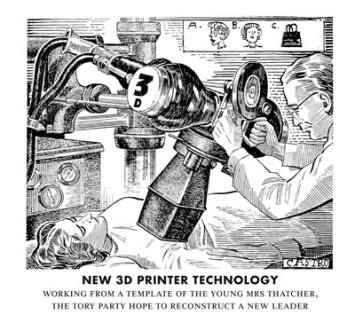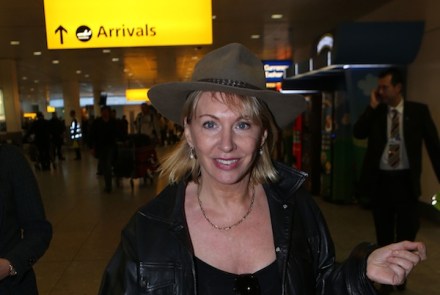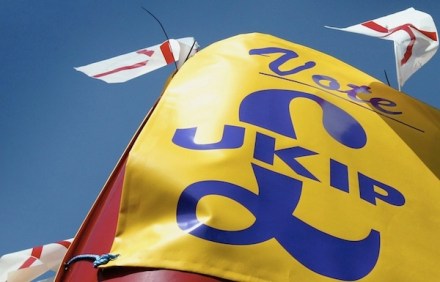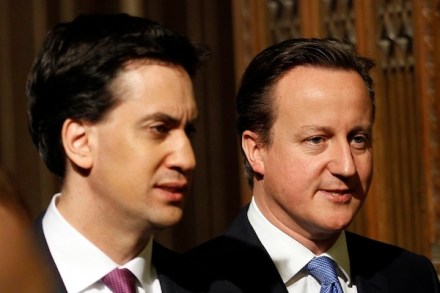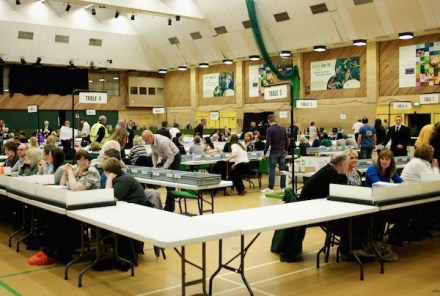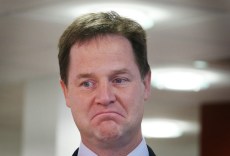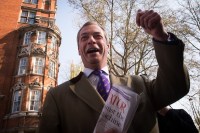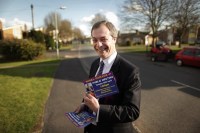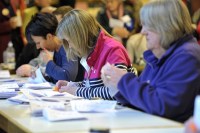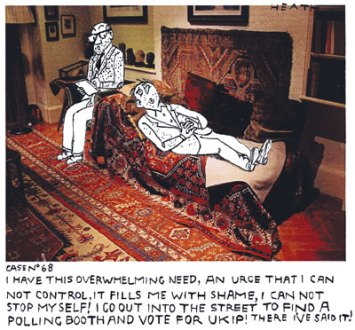Portrait of the week | 9 May 2013
Home The UK Independence Party gave the government and opposition a jolt by doing well in the elections for 34 English councils, increasing its number of councillors from eight to 147 and gaining a projected national vote share of 23 per cent (compared with 25 per cent for the Conservatives, 29 per cent for Labour and 14 per cent for the Liberal Democrats). In a parliamentary by-election at South Shields, the Lib Dems were driven into seventh place, with only 352 votes, with Labour retaining the seat with 12,493 and Ukip coming second with 5,988. Nigel Farage, the leader of Ukip, grinned a good deal and said ‘Send in the
